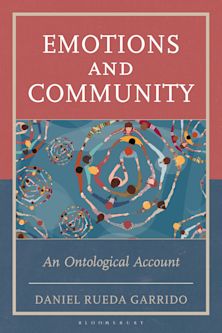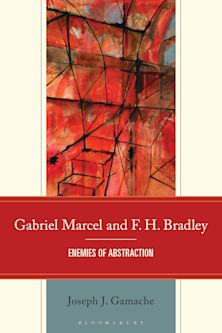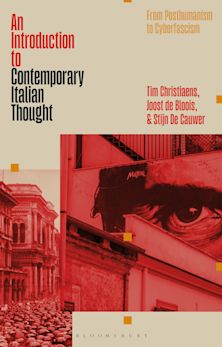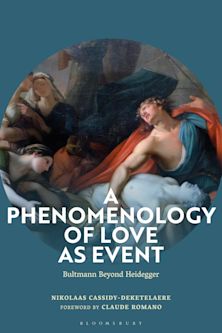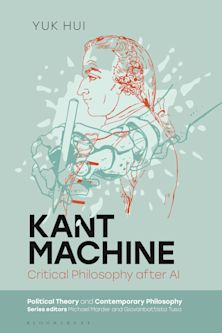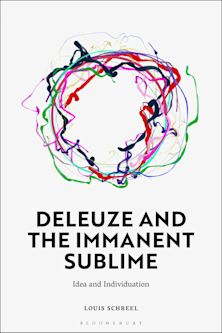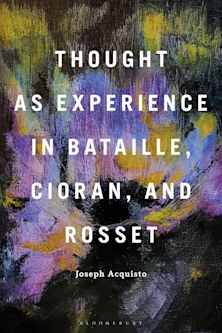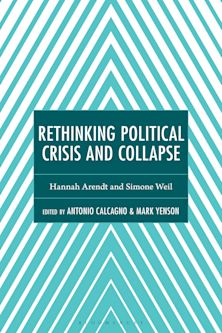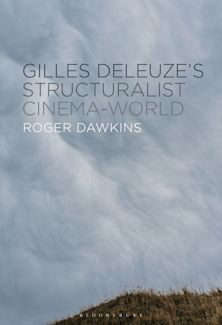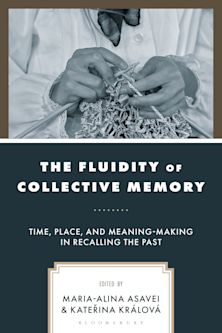- Home
- ACADEMIC
- Philosophy
- Continental Philosophy
- Derrida, Badiou and the Formal Imperative
Derrida, Badiou and the Formal Imperative
This product is usually dispatched within 10-14 days
- Delivery and returns info
-
Free UK delivery on orders £30 or over
You must sign in to add this item to your wishlist. Please sign in or create an account
Description
In this path-breaking study Christopher Norris proposes a transformed understanding of the much-exaggerated differences between analytic and continental philosophy. While keeping the analytic tradition squarely in view his book focuses on the work of Jacques Derrida and Alain Badiou, two of the most original and significant figures in the recent history of ideas.
Norris argues that these thinkers have decisively reconfigured the terrain of contemporary philosophy and, between them, pointed a way beyond some of those seemingly intractable issues that have polarised debate on both sides of the notional rift between the analytic and continental traditions. In particular his book sets out to show - against the received analytic wisdom - that continental philosophy has its own analytic resources and is capable of bringing some much-needed fresh insight to bear on problems in philosophy of language, logic and mathematics. Norris provides not only a unique comparative account of Derrida's and Badiou's work but also a remarkably wide-ranging assessment of their joint contribution to philosophy's current - if widely resisted - potential for self-transformation.
Table of Contents
Product details

| Published | 13 Feb 2014 |
|---|---|
| Format | Paperback |
| Edition | 1st |
| Extent | 208 |
| ISBN | 9781472525925 |
| Imprint | Bloomsbury Academic |
| Dimensions | 234 x 156 mm |
| Series | Bloomsbury Studies in Continental Philosophy |
| Publisher | Bloomsbury Publishing |
About the contributors
Reviews
-
Christopher Norris crosses the 'dividing line' between the analytic and the continental tradition in philosophy with ingenuity, insightfulness and flair. Understanding the strengths and the limitations of both traditions, he promotes a philosophical culture of communication and mutual influence. Where others find gaps and chasms, Norris builds bridges and looks for a synthesis of the various perspectives on philosophical problems. His firm realist stance makes it clear that aiming for rapprochement does not imply philosophical neutrality or indifference. In Derrida, Badiou and the Formal Imperative, Norris offers a comparative study of the work of Jacques Derrida and Alain Badiou, two very influential thinkers inside and outside the academia, and articulates the rich idea of a 'formal imperative' permeating their thought. Unearthing their concern (more obviously for Badiou, less so for Derrida) with aspects of the formal-logical structures of language and their relations to the world, Norris offers a novel and lively narrative which re-examines and re-positions the philosophical ouvre of the two French philosophers. This book masterfully shows that good philosophy transcends dividing lines and can bring together high standards of argumentative rigour, historical sensitivity, and speculative exploration of the conceptual space.
Stathis Psillos, Professor of Philosophy of Science and Metaphysics at the Department of Philosophy and History of Science, University of Athens, Greece
-
There is no other current work that so persuasively demonstrates that the way out of the current impasses of philosophy and towards a more open-minded and communicative philosophic culture is to overcome the assumption that the analytical and the creative are axiomatically at odds with each other. The book is a major contribution in the overcoming of the still pervasive 'two cultures' mentality.
Patricia Waugh, Professor in the Department of English Studies, Durham University, UK












